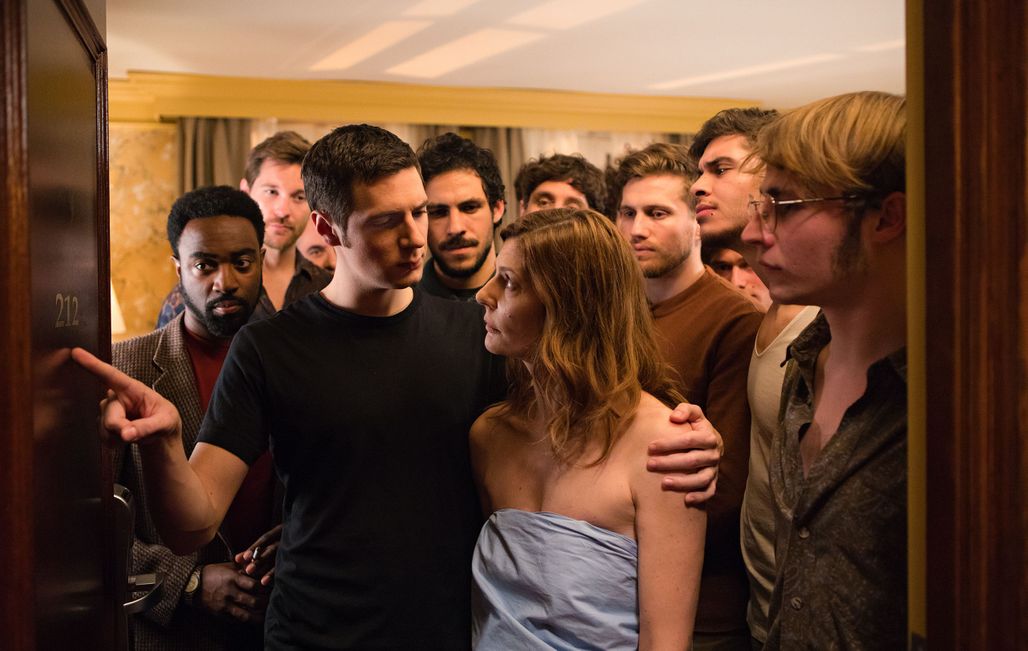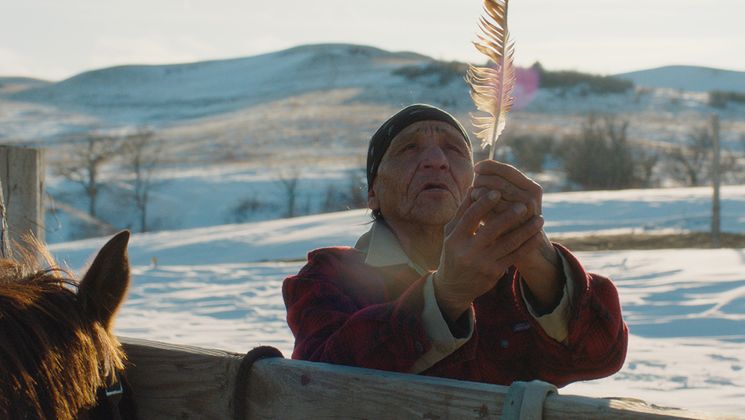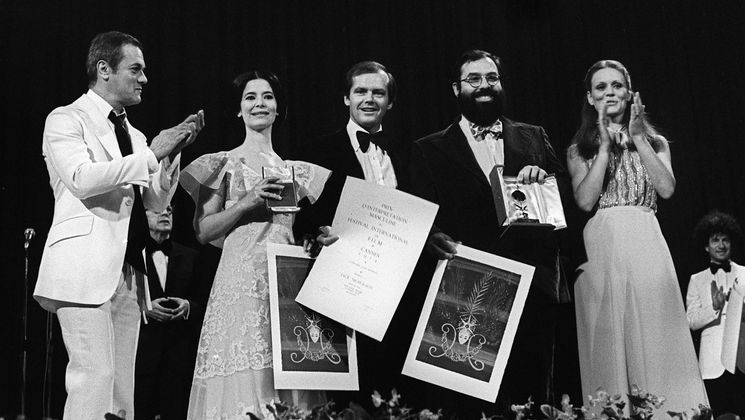
Chambre 212 (On a Magical Night), as seen by Christophe Honoré

Ever since making his debut at Cannes in 2002 with his first film Dix-sept fois Cécile Cassard (Seventeen times Cécile Cassard), Christophe Honoré has been constantly busy with one project after another, on stage as well as on screen.
Following Plaire, Aimer et Courir Vite (Sorry Angel), shown in Competition last year, the filmmaker returns with Chambre 212 (On a Magical Night), an exploration of married life, showing at Un Certain Regard.
Tell us about the origins of your film.
As often happens, Chambre 212 (On a Magical Night) emerged from another film which didn't get made, was barely written, but is now the secret source of this one. That project came to me after the release of Plaire, Aimer et Courir Vite (Sorry Angel) but I had to drop it because I was afraid it was leading me towards a format which was over-serious. At the beginning of the summer, I was by lake Léman, at the Théâtre de Vidy rehearsing "Les Idoles" a show which concluded a three-part autobiographical fiction project. I was in no hurry to make a film: I felt almost freed by not having any ideas in mind. Then one evening I found myself watching The Awful Truth by Léo McCarey, with Irene Dunne and Cary Grant as a faultless post-divorce couple. Then I began to ask myself how long I had been part of a couple and how many filmmakers had already dealt with the issue of marriage. I began writing, happily and impatiently, that very night.
What can you tell us about your performers?
I have rarely come across such smiley, relaxed actors in their dressing rooms in the morning as during the shooting of Chambre 212 (On a Magical Night). Never mind what problems there were each day, I never had the feeling that they would have preferred to be anywhere but in a studio, lost in the Luxembourg countryside, with a director who never stopped asking himself inwardly why he had decided not to shoot on location. And I have almost no other explanation than this: that those four actors really liked each other. The love that actors feel for each other is an essential element, which is precious and rare and which we tend to forget. This film owes everything to the sanity, goodness, tenderness, craziness and warmth of Vincent Lacoste, Benjamin Biolay, Camille Cottin et Chiara Mastroianni.
What did you learn during the making of this film?
I learned that it is not so easy to deviate from one's own personal path. We think, wrongly, that if we film a sequence in the style of another, or if we borrow from him, our film will become a deconstructed work, or at least, one that is constructed by several people that will eventually escape our territory. But this isn't the case. Sometimes it can lead to a destination which is as well-intentioned as it is unexpected. It is a joy to realise that others who came before us tried to express the same feelings.
Can you tell us about your next project?
I don't have a film project, but after Cannes I am going to work with a team of singers. I began rehearsals of "Tosca" a few days ago, which I am directing for the Aix en Provence Festival d’Art Lyrique. Then I am going to take on a play for the Comédie Française, Le Côté de Guermantes (The Guermantes Way) by Proust. Alternating projects between film sets and the stage is at the heart of how I think about my work as a director today.


